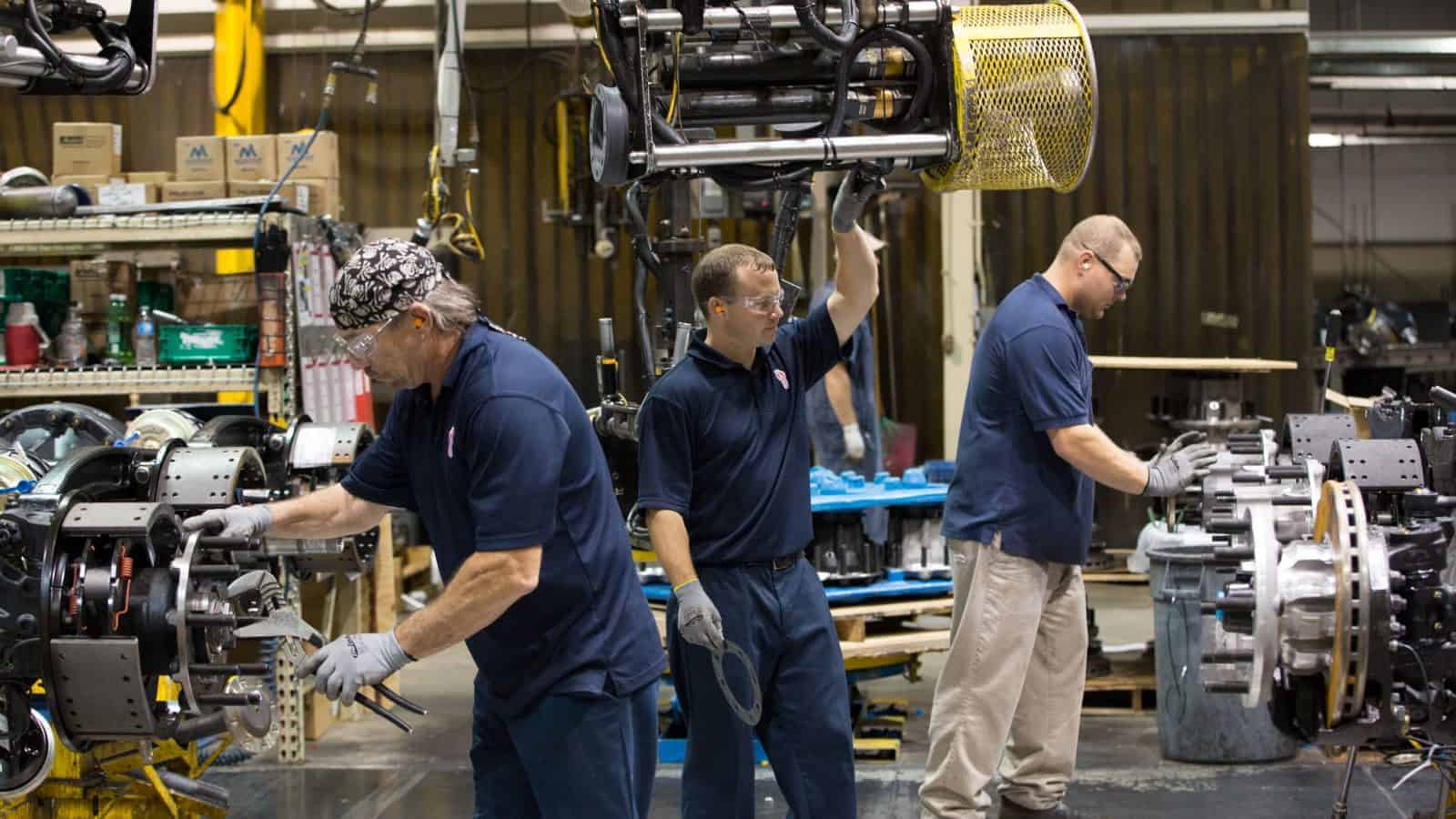The “Megatrends” Are Coming: Global Predictions Manufacturers Should Know

Several “megatrends” affecting manufacturers and the world at large will begin unfolding in coming years. University of Cambridge Judge Business School Dean Dr. Mauro F. Guillen made this prediction during a presentation at the recent Manufacturing Leadership Council’s “Manufacturing in 2030: The Shape of Things to Come” event.
Three trends: “Three kinds of trends … are coming together to produce a very different situation by the year 2030,” said Guillen, the author of “2030: How Today’s Biggest Trends Will Collide and Reshape the Future of Everything.” He categorized them as “population trends, trends about emerging markets and technological trends.”
Here, we break down some of the highlights from these three umbrella trends.
Durable-goods demands will start earlier—and extend later: Owing largely to immigration patterns, large durable-goods purchases will, on average, start to come earlier in life, Guillen said.
- Thus, in coming years, durable-goods manufacturers can probably expect their customer demographic to broaden to include younger people.
- At the same time, Guillen said, given that people are living longer and better, consumers will wield purchasing power for longer than they did in decades past. “There is a massive concentration of wealth in the upper age groups,” Guillen said. This will mean greater demand for certain goods, such as robotics capable of caretaking, later into people’s lives.
Purchasing-power centers will shift: Currently, the U.S. and Europe are the world’s largest consumer economies, but by 2030, those distinctions will belong to China and India, Guillen said. And by 2040, India will have eclipsed China in this regard, due to population growth.
- While older people will hold onto their purchasing power, younger consumers will hold sway for larger buys as they spend their money on homes, cars and other major purchases.
- Meanwhile, wealth accumulation will continue to grow everywhere in the world, he said, fueling the appetite for manufacturers’ goods.
Emerging markets will overtake developed ones: Manufacturers can soon expect to see emerging markets become larger than developed ones, Guillen said.
- That trend will mean a shift in manufacturer focus away from the U.S. and Europe and toward Africa and India. Said Guillen, “Sooner or later consumer markets will gravitate toward where the population is.”
The last word: Guillen’s main point of advice for manufacturers? To “identify the wave that you want to surf and take that opportunity, go with that wave. It’s so much better than going against the prevailing winds. You’ll be aligning yourself with the global economy.”
